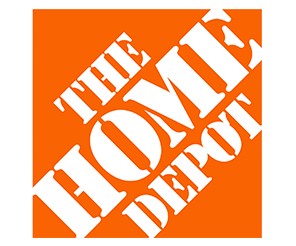US Markets Loading...
h
m
s
It turns out the best way to get ahead in America is to leave
More and more Americans are deciding that the only way to pay off debts, save money, and retire is to move abroad.
Tesla is running out of ideas
Tesla's sales slump and massive layoffs have ratcheted up the pressure on CEO Elon Musk and his robotaxi promise.
Chilling video shows the stunning precision of modern drones
It's one of the latest examples of how precise and deadly first-person-view drones have been in the war, taking out expensive, high-value targets.
Taking too much of these 4 popular supplements can be dangerous, a toxicologist warns
A toxicologist shared some of the risks of taking too much of popular supplements, including vitamin D and magnesium.
Video
New Episodes This Week
I quit my job with nothing else lined up and in a terrible job market. I have no regrets.
This Gen Z worker quit her toxic job within a year. The experience taught her to always look for future job opportunities and work-life balance.
If you're stranded on an island, a 'HELP' sign can actually save you — but there's an even better way to get rescued
Three men stranded on a Pacific island were rescued after writing "HELP" with palm leaves. A survival expert said lighting a fire, or three, is ideal.
A company is turning former cruise ships into floating hotels — see inside its largest 'floatel'
Bridgemans is turning old cruise ships into workforce "floatels" with amenities like giant gyms, game rooms, and buffets.
A 32-year-old who started selling T-shirts in college with $500 upfront shares the 4 strategies he used to build a seven-figure online business from scratch
Two entrepreneurs took advice from Airbnb CEO Brian Chesky: "He always says, 'Make the experience for 100 users perfect.'"





